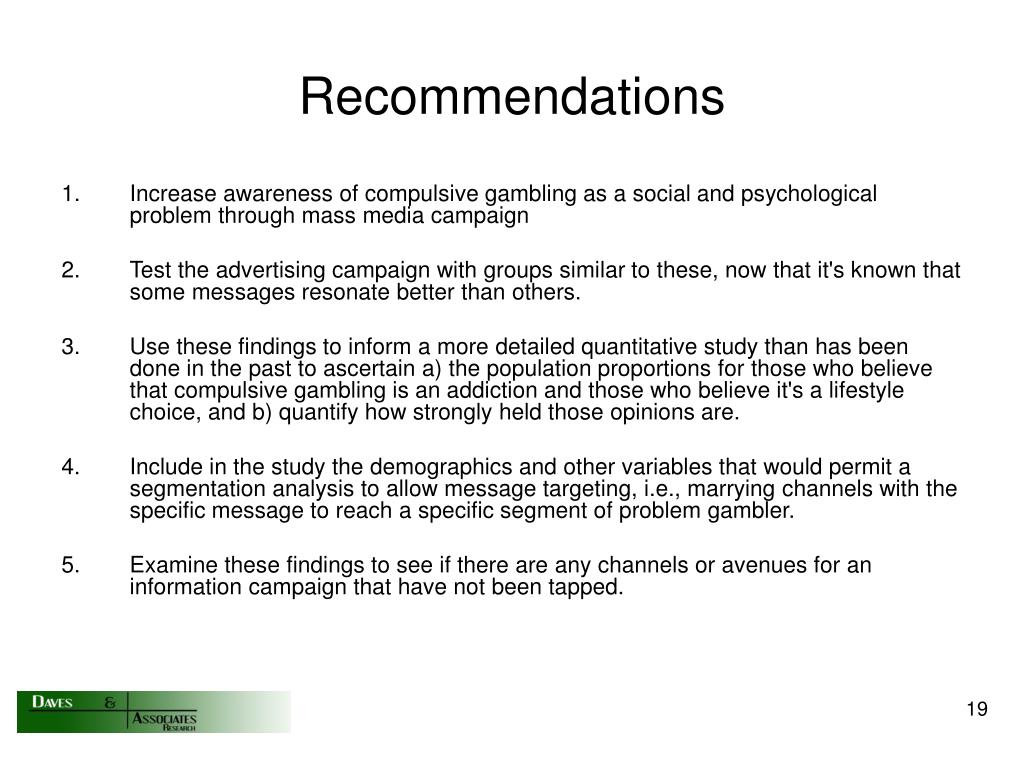Gambling Psychological Test
- Gambling Psychological Test Questions And Answers
- Gambling Psychological Test Scoring
- Gambling Psychological Test Definition
Aims To investigate the short‐ and long‐term effect of psychological treatments of pathological gambling and factors relating to treatment outcome. Design and setting This study provides a quantitative meta‐analytical review of psychotherapeutic treatments of pathological gambling. Studies were identified by computer search in the. Data were collected using the Problem Gambling Severity Index (PGSI), the Brief Michigan Alcoholism Screening Test (Brief MAST), Drug Abuse Screening Test (DAST-10), the Psychopathy Checklist-Revised (PCL-R), the Big Five Inventory (BFI), the Insomnia Severity Index (ISI) and the Family Dysfunction Test. Several questionnaires assessing a range of gambling specific variables (e.g., gambling urges, cognitions and behaviors) and gambling correlates (e.g., psychological states, and coping styles) were distributed to 969 participants from the community. We hypothesized that an executive measure sensitive to emotional aspects of judgment (Iowa Gambling Task; IGT) would identify HIV+ SDIs whose sexual risks were influenced by emotional distress. We assessed emotional distress and performance on several executive tasks in 190 HIV+ SDIs.
Please answer the following questions as a guide to whether or not you may have a problem with gambling. Please note that the test is for guidance only and should not be considered as a replacement for clinical diagnosis, as gambling patterns can vary enormously.
Gambling Addiction Test (Self-Assessment) Harmful habits that seize a person can develop into serious psychological problems over time. Nowadays it is easy to get involved in the habit of gambling. If you or your relatives enjoy casinos or slot machines, it's time to take a gaming addiction test. Gambling addiction (gambling disorder, pathological or compulsive gambling) is an impulsive control disorder.

Note: Questions adapted from NCPG at ncpgambling.org/help-treatment/screening-tools
Advice for Families and loved ones
It may be hard for families to accept that gambling is a very hard habit to break, as many people perceive it to be a matter of choice. In fact, gambling can be as addictive as substances such as illegal drugs. For this reason, we welcome enquiries from families and loved ones, which we handle with complete discretion.
General enquiries
(non-treatment related)
Phone +41 43 541 11 52
E-mail[email protected]
Gambling Psychological Test Questions And Answers

Treatment enquiries
Gambling Psychological Test Scoring
Phone +41 43 499 60 50
E-mail[email protected]
Gambling Psychological Test Definition
For treatment enquiries, please complete the form below to be contacted by a member of our team
We treat all enquiries with utmost discretion